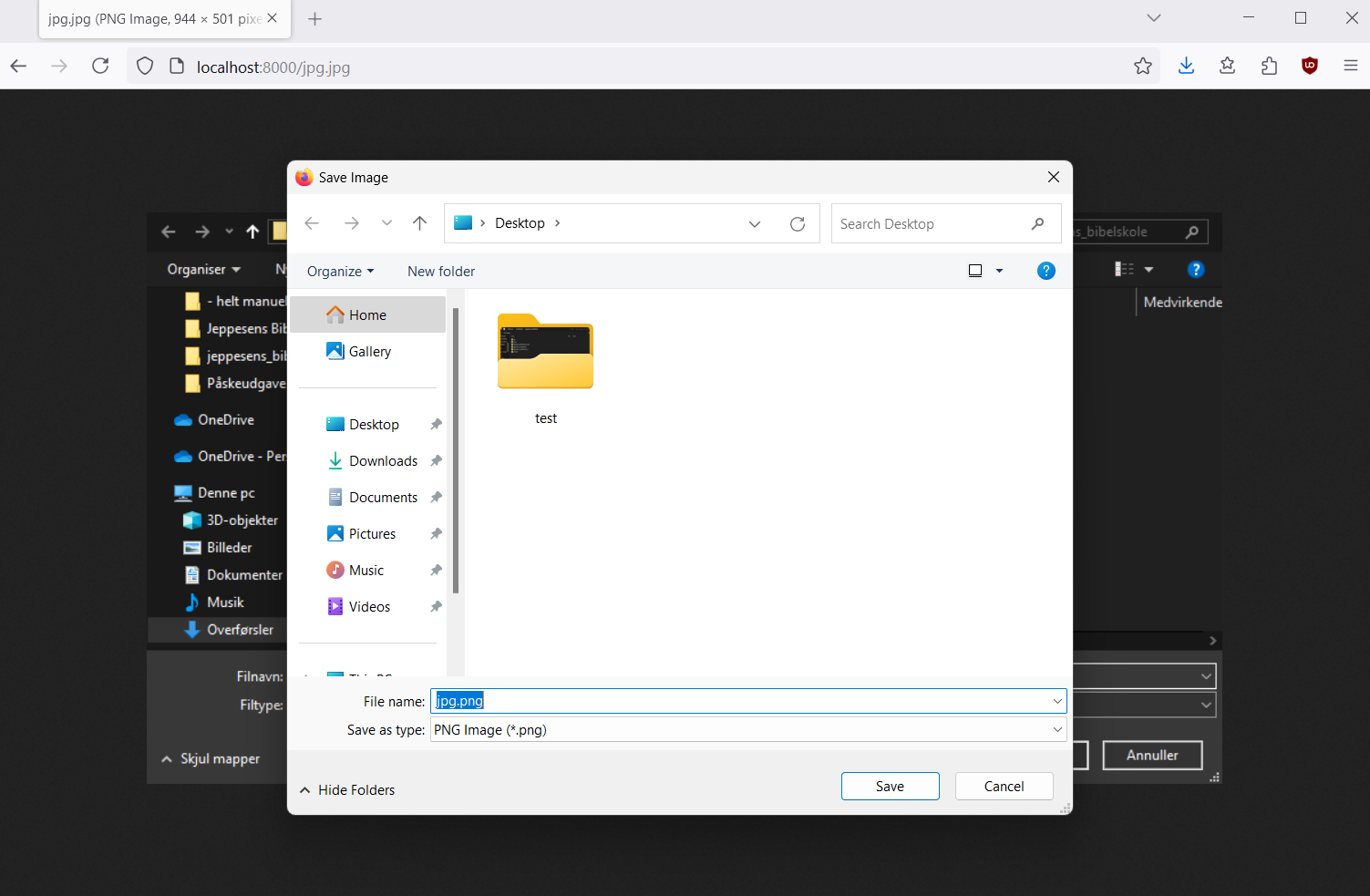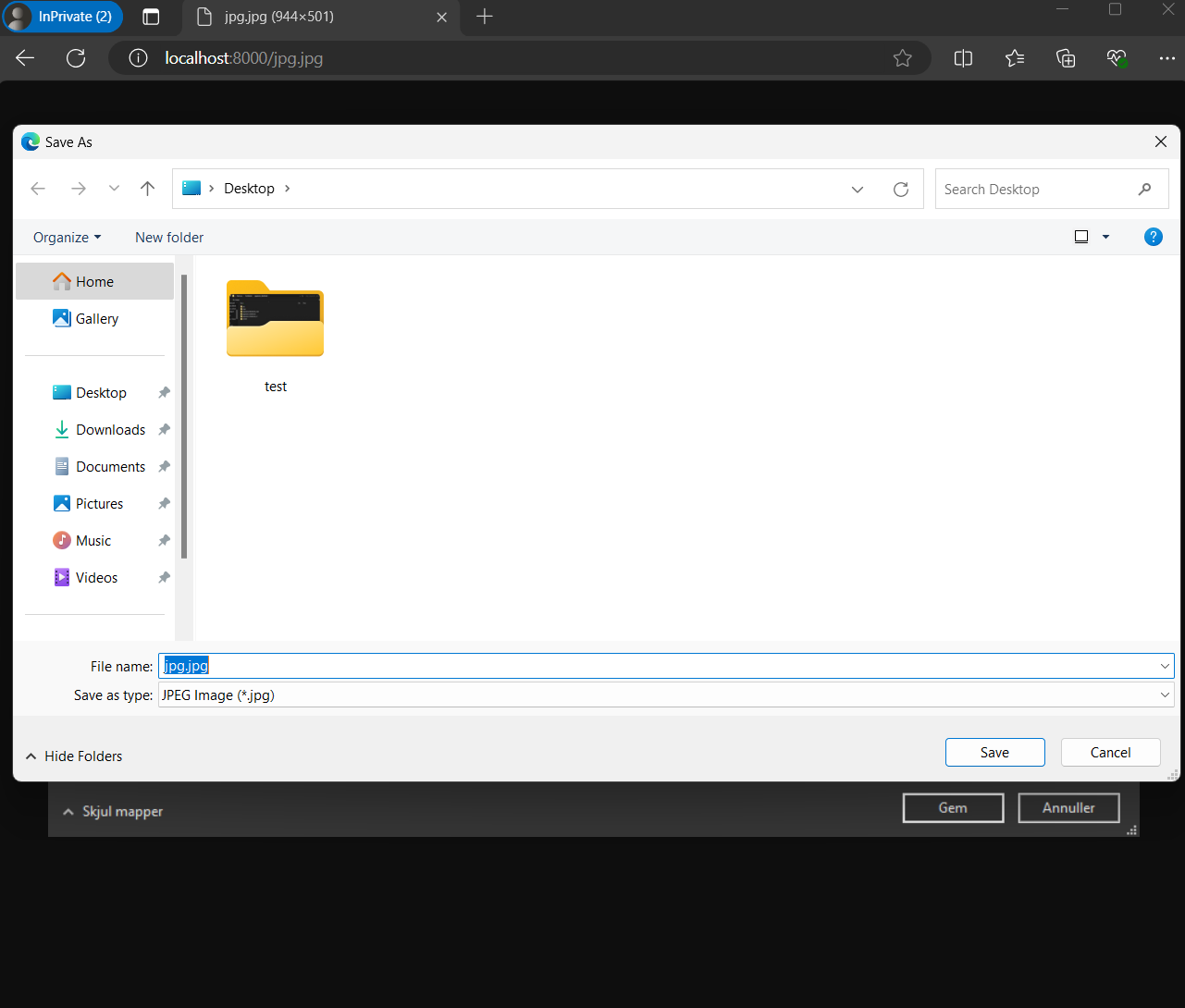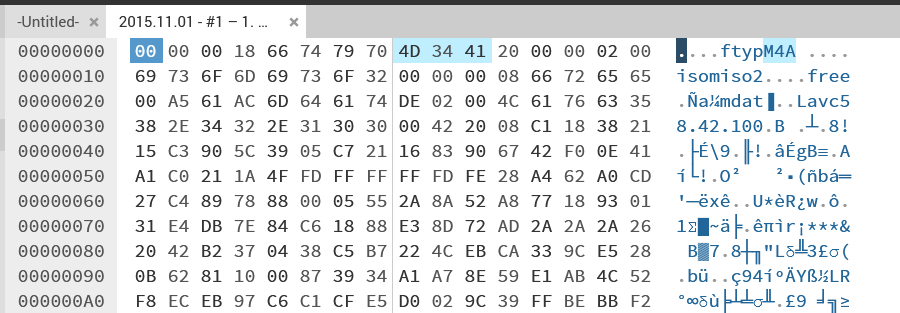

https://www.mozilla.org/en-US/firefox/all/desktop-esr/
Here you go brother. Hope this helps.


https://www.mozilla.org/en-US/firefox/all/desktop-esr/
Here you go brother. Hope this helps.
It’s not impossible to analyze and test compiled binaries.


When they say such things, the are probably talking about the expected value, where those chances are taken into account, just like the number calculated in this article.
When he said “the system”, he probably meant the system of ad funded services, not the system of the World Wide Web, the HTML markup language, the URL system, and HTTP as envisioned by Sir Timothy John Berners-Lee (born 8 June 1955),[1].


Yes, at least their attempts at destroying privacy comes directly from the government.


That seems to be the opposite of what the others are saying: https://en.wikipedia.org/wiki/Autorun.inf#Inf_handling
Windows 7, Windows 8, Windows 8.1, Windows 10
For all drive types, except DRIVE_CDROM, the only keys available in the [autorun] section are label and icon. Any other keys in this section will be ignored. Thus only CD and DVD media types can specify an AutoRun task or affect double-click and right-click behaviour.[9][10]


You are remembering that the executable features of autorun.inf is disabled, which is still true. Autoplay (if enabled) as it exists currently only applies for discovered media file types and makes your default configured media player responsible for handling them. It would not be possible to execute arbitrary tasks unless you had an ACE exploit for the installed media player.
Any normal program can do that too.


But they do not take up the idea, because they do not take it seriously. That is what it means to have a joke, no?


GOG, because I don’t care about badges and achievements and other trinkets, but I do care about DRM


From what I understand, the end of the URL string is just one of the clues the browser uses to determine the “type” of received data (https://mimesniff.spec.whatwg.org/), and the true behavior depends on the browser’s specific implementation. A part of the process involves actually reading and analyzing a small portion of the received file to see if the file really is the type that the URL claims it is. For example, I started a quick python server, and made it serve the OP image, except I renamed it as a jpg file (without actually converting the image of course). When saving the picture inside the browser, Firefox correctly identifies the file as a png image:
 While edge incorrectly tries to save the image as a jpg image:
While edge incorrectly tries to save the image as a jpg image:

Regarding your “MP3” file specifically, opening it in a hex editor reveals that the actual file contents identifies itself as an M4A file, despite what the URL claims:

So, you should be good to download them any way you find convenient, and then just renaming them to the proper extension afterwards.
You probably discussed it because you were aware and interested in it, and your awareness and interest showed through in your other trackable habits outside of your chatroom. You only notice when they guess your interests correctly.


Sure, if they were designed that way, I would not call them defects either.


Just because all defect stock are routed to the US inventory, doesn’t mean that US inventory is made up of all defect stock.
You will get one update per year, and “only more often that that if there is a critical security fix”.